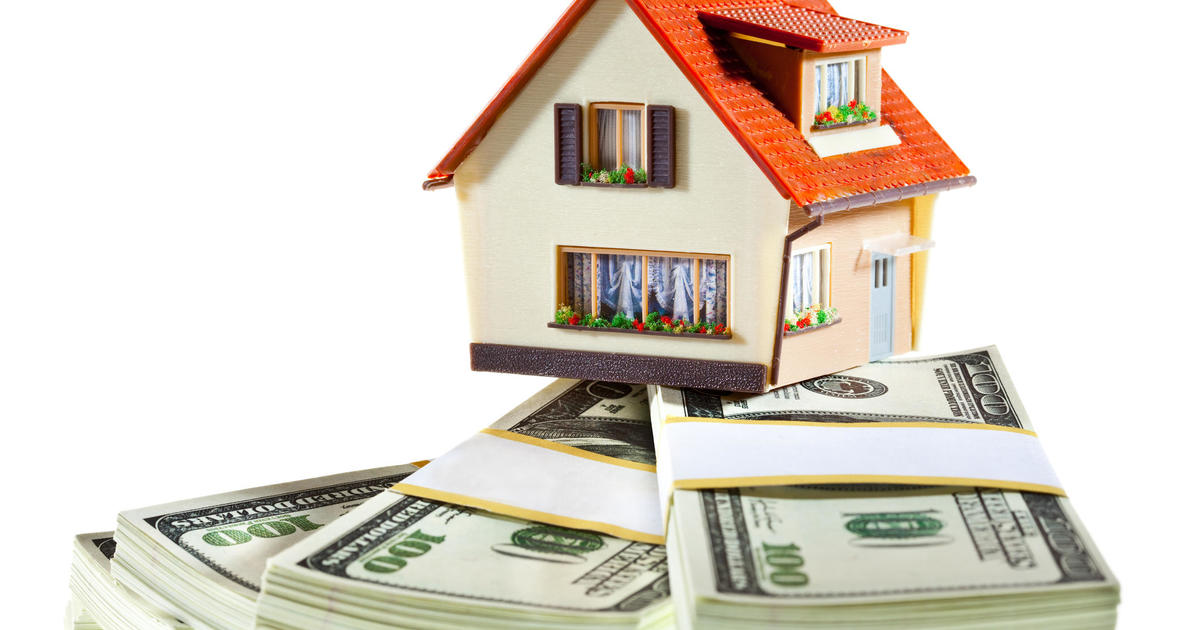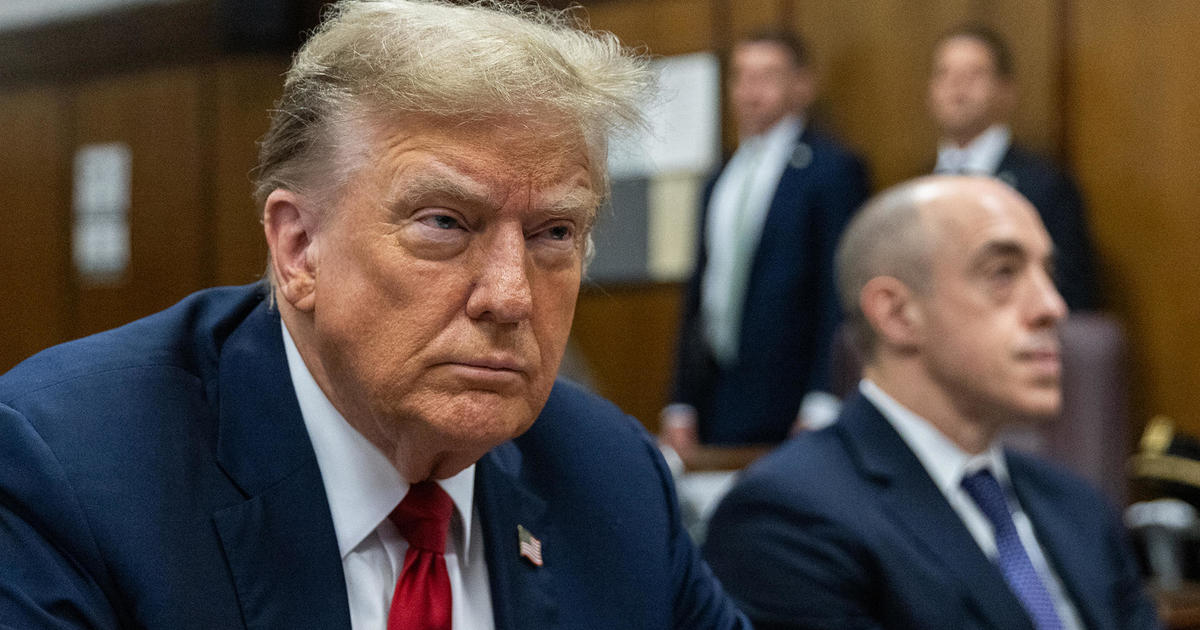Dow soars more than 1,000 points after a Christmas break
Talk about your Santa Claus rallies. U.S. markets rebounded sharply on Wednesday after a Christmas Day off that followed the worst Christmas Eve sell-off in memory. The Dow soared more than 1,000 points -- its biggest one-day point spike ever -- for a gain of more than 4%, to 22,813.56, while the S&P 500-stock index rose nearly 3 percent and the tech-heavy Nasdaq jumped 4 percent.
Consumer discretionary, energy and technology stocks led the rally, with big names like Amazon, Apple, Facebook, Home Depot, Microsoft, Nike and Visa leading the uphill charge. While U.S. stocks are still headed for their first annual loss in nearly a decade, Wednesday's trading has brought early glints of relief as a new year approached.
Investors cheered news of the biggest holiday shopping season in six years. They also seemed to find comfort in the words of Kevin Hassett, a top White House economic adviser, who assured reporters Wednesday the job of Federal Reserver Chairman Jerome Powell was "100 percent" safe despite numerous reports that President Donald Trump has been seeking ways to sack the central banker from his chairmanship.
After some wobbly early trading, the S&P 500 was up around 2.8 percent in afternoon trading -- the broad-market index's largest single-day climb in more than three years, according to Bloomberg News. The gains were enough to keep the S&P from tumbling into a bear market, defined as a 20 percent drop from its recent high. It had ended Monday's Christmas Eve carnage -- when the Dow dropped more than 600 points -- exactly 19.8% down from its September peak.
Asian markets closed mostly lower Wednesday after Mr. Trump said on Tuesday that there was "nothing new" on the partial government shutdown over a U.S.-Mexico border wall that started Saturday and shows no signs of abating. "Nothing new. Nothing new on the shutdown. Nothing new. Except we need border security," the president told reporters gathered in the Oval Office on Christmas Day.
The White House said he'll reject any deal that doesn't include funding for a border wall or a fence. The Democrats have opposed this and are offering $1.3 billion for new security spending. The routines of 800,000 federal employees are expected to be disrupted by the shutdown, but essential services will keep running.
The president's Christmas criticism of the U.S. central bank triggered a drop in Asian equities on Tuesday. "The only problem our economy has is the Fed," he said on Twitter on Monday. "They don't have a feel for the Market, they don't understand necessary Trade Wars or Strong Dollars or even Democrat Shutdowns over Borders."
Mr. Trump has since said that interest rate hikes were a "form of safety" for an economy that was doing well, while stressing that the Fed was raising rates too quickly. He remained bullish on U.S. companies and their prospects, insisting from the Oval Office on Tuesday: "They have record kinds of numbers. So I think it's a tremendous opportunity to buy. Really a great opportunity to buy."
Markets in Europe, Hong Kong and Australia were closed Wednesday for post-Christmas holidays. South Korea's Kospi gave up 1.3 percent, and the Shanghai Composite index shed 0.3 percent. Japan's Nikkei 225 index, which plunged 5 percent on Tuesday, picked up 0.9 percent Wednesday. Shares fell in Taiwan, Singapore and Indonesia but rose in Thailand.
"The outsized moves are not reflective of the current U.S. economic landscape, but that seems to matter little so far as fear mongering continues to permeate every pocket of global capital markets," analyst Stephen Innes of OANDA said in a market commentary.
Elsewhere, U.S. home price growth slowed in October, a likely consequence of higher mortgage rates having worsened affordability and causing sales to fall.
The S&P CoreLogic Case-Shiller 20-city home price index rose 5 percent from a year earlier, down from an annual gain of 5.2 percent in September. That's down from a 5.5 percent yearly gain in the previous month.
Home prices have dropped as would-be buyers are struggling to afford homes. Prices have consistently climbed faster than wages, a challenge that was overcome until last year by historically low mortgage rates. But borrowing costs began to rise last year after President Trump cut taxes, which increased the budget deficit, and as the Fed hiked interest rates.



